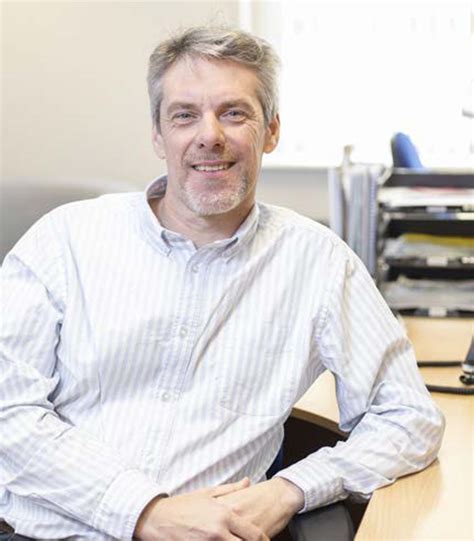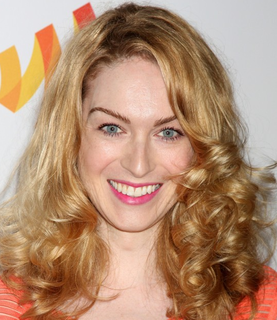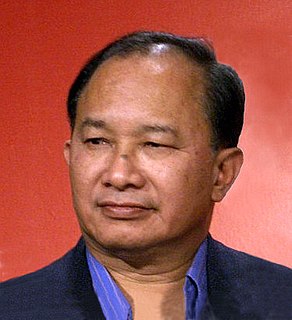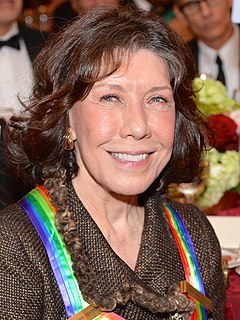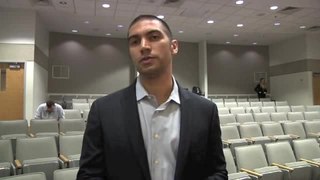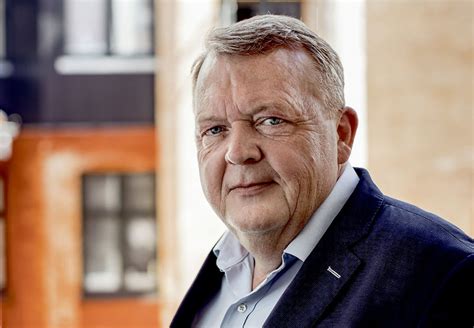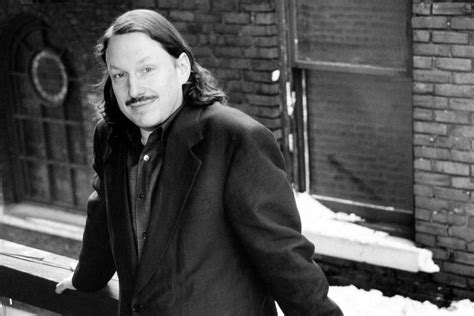A Quote by Howard Gardner
But once we realize that people have very different kinds of minds, different kinds of strengths -- some people are good in thinking spatially, some in thinking language, others are very logical, other people need to be hands on and explore actively and try things out -- then education, which treats everybody the same way, is actually the most unfair education.
Related Quotes
I think what people need to realize is that, with trans people, we're like everybody else. No group of people are all the same. All women are not the same, all men are not the same, all children are not the same. It's the same thing with trans people - we're all so different, we have different goals, different dreams, and different aspirations.
The best way for parents to go about acquiring a mind-set of self-reflective parenting will be different for different individuals. Some people will find that they are already very close to being the parent they are striving to be. Other people will find reading books or blog articles to be very helpful and some other people might benefit most by engaging in discussions on the internet.
I have always been thinking of the different ways in which Christianity is taught, and whenever I find one way that makes it a wider blessing than any other, I cling to that as the truest--I mean that which takes in the most good of all kinds, and brings in the most people as sharers in it. It is surely better to pardon too much, than to condemn too much.
There are mean people out there, and they're cruel, they're bullies to all kinds of people. Some are based in race; some are based in the way other people look; some of it's politically based. But there's all kinds of it. Everybody goes through life being tormented at times by something. Something as simple as just going through four years of high school can ruin somebody's confidence, just because of things that happened there. The key to it all is being taught how to deal with it and how to not let it mar your own opinion of yourself.
Our communication space is very fragmented today. We have a million different tools for different things with lots of different kinds of overlaps. The most natural way to try and solve that problem is to take all those different tools and try to make them smaller and fit into a single package and maybe integrate them across the boundaries.


